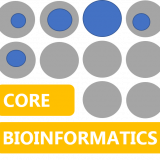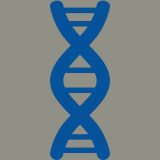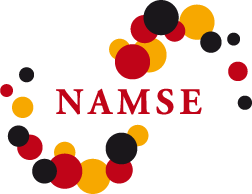The Core Unit for Bioinformatics Data Analysis (CUBA) provides quantitative and computational analyses, training and consultancy. Increasingly complex and large data sets are characteristic for molecular biology and medical research driven by technology advancements. These high-volume data sets require quality control to filter artefacts, statistical rigor to minimize false positive findings and intelligent experimental design to maximize insights. Data processing pipelines, e.g. for transcriptomic data, are provided as well as guidance on available analysis tools and databases. Analyses are primarily based on freely available open source software essential for reproducible and independent research.
CUBA benefits from shared computing infrastructure and exchange of expertise due to its embedding and liaison with the Institut für Medizinische Biometrie, Informatik und Epidemiologie (IMBIE) and the Institute for Genomic Statistics and Bioinformatics (IGSB). It operates in close collaboration with other core units like the NGS, flow cytometry and mass spectrometry core. Altogether, this facilitates integrative bioinformatics approaches and offers a systems biology perspective. Moreover, data of different type and technology not only represent the same biological sample but also share characteristics like high dimensionality. Thus, common approaches for clustering, structure preserving visualizations and dimensionality reduction can be applied and synergies across different projects emerge.
Mission
The unit is primarily focused on the research at the Medical Faculty of the University of Bonn. It aims to establish a platform for computational biology, to facilitate quantitative approaches and to share and offer validated methods, expertise and resources. It is continuously evolving according to the needs of its collaborators and the progress in science.







